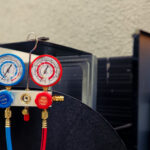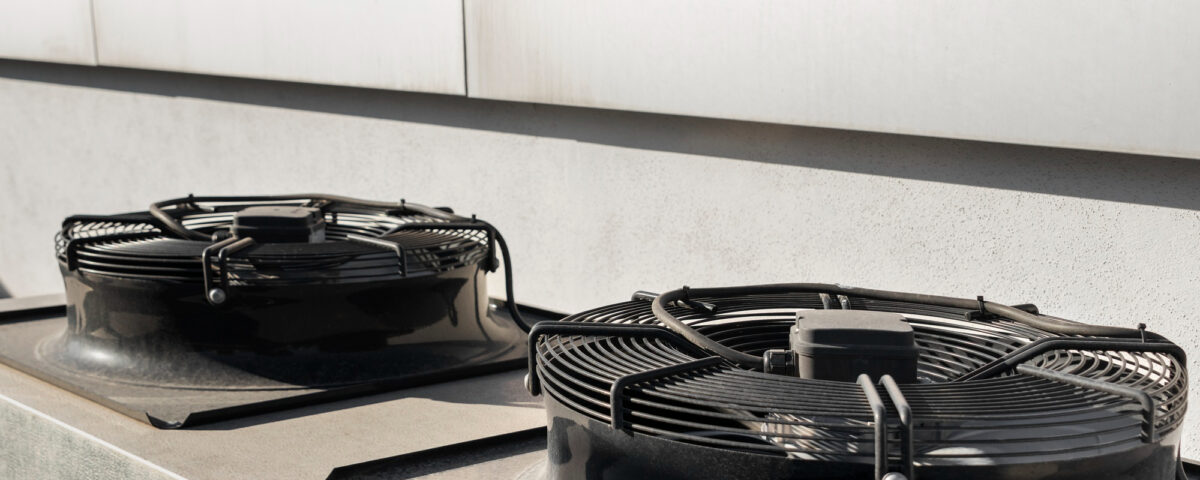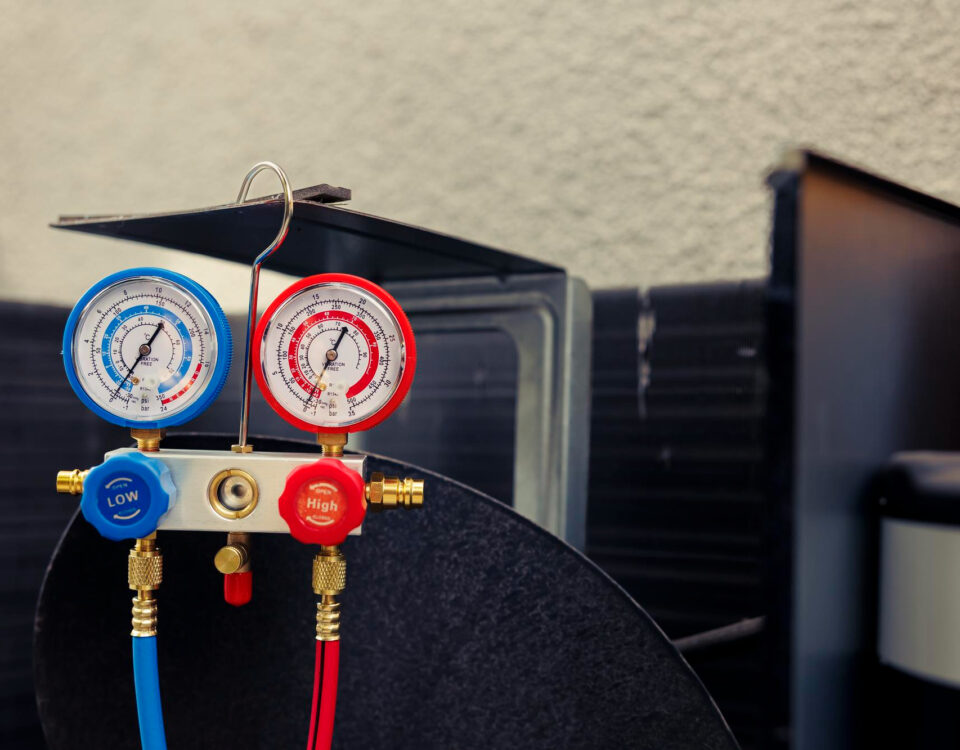
How Regular Maintenance Boosts Refrigeration Performance
17 July 2025
Signs Your Compressor Needs Maintenance: Prevention for Peak Refrigeration Performance
17 July 2025Compressors in Refrigeration?
A compressor is a vital component—the “heart”—of any refrigeration or air conditioning system. It compresses the refrigerant gas, raising its pressure and temperature, which enables the refrigeration cycle to remove heat from the cooled space and expel it outside.
The compressors performs three essential roles:
- Compressing Refrigerant: It draws in low-pressure, low-temperature refrigerant gas from the evaporator and compresses it to a high-pressure, high-temperature gas.
- Pumping Refrigerant: The compressor circulates refrigerant through the system, enabling heat transfer from inside the cooled space to the outside environment.
- Maintaining System Pressure: By maintaining a pressure difference in the system, it ensures continuous refrigerant flow and effective cooling.
Each type offers unique advantages for specific applications—ranging from home refrigerators to large industrial plants.
- Enable Cooling: Without working compressors, the cooling cycle stops, leading to loss of refrigeration11.
- Temperature Control: Compressors regulate system temperature and can handle a wide temperature range.
- Energy Efficiency: Advanced compressors improve overall system efficiency, helping reduce energy usage and operational costs.
- System Stability: The compressors reliability directly impacts the refrigeration system’s lifespan and maintenance needs.
Are used in:
- Domestic refrigerators and freezers
- Commercial displays, cold rooms, and ice machines
- Large industrial chillers and cold storage facilities
- HVAC systems
Leading brands and products, like those offered at carsrefrigeration.com, feature a wide range of compressors—hermetic, semi-hermetic, scroll, and more—tailored for every need. A compressor is fundamental for efficient performance. Understanding its role and choosing the right type for your system ensures optimal cooling, longevity, and energy savings across applications


